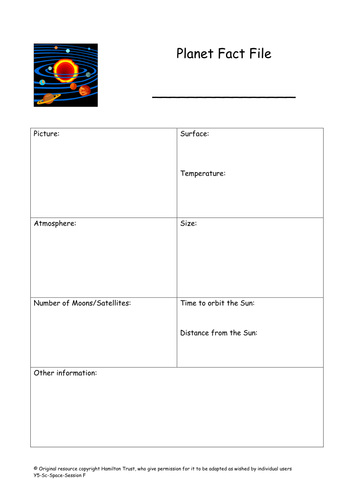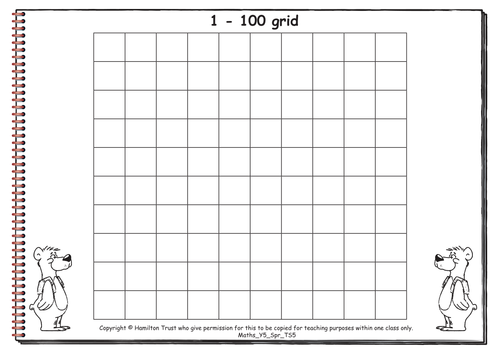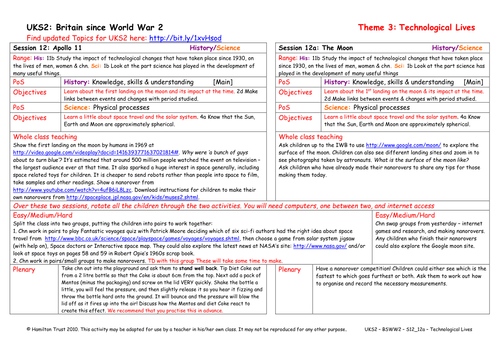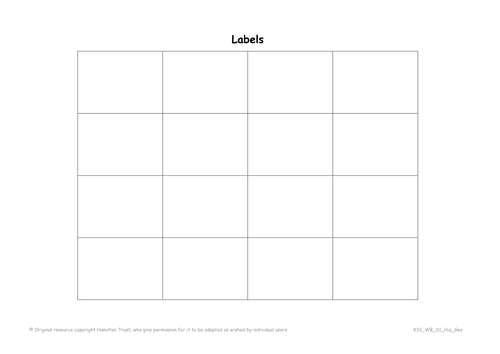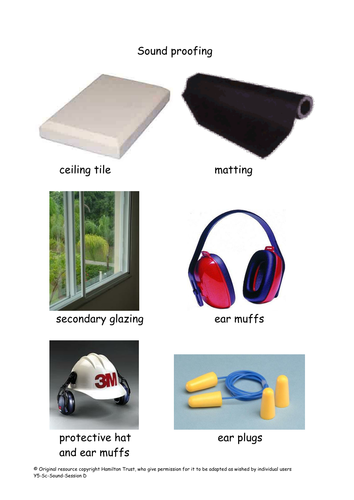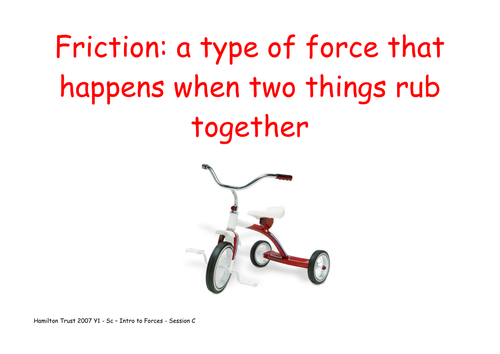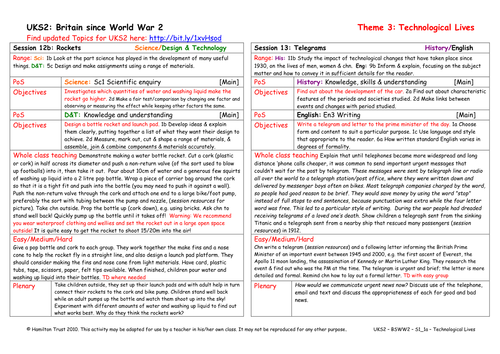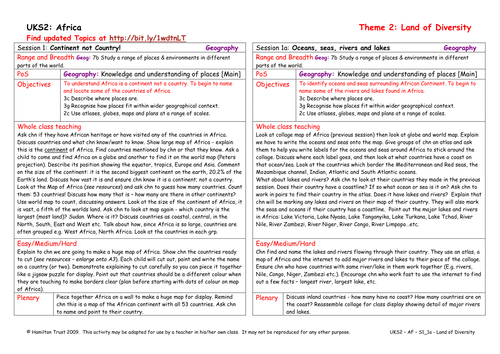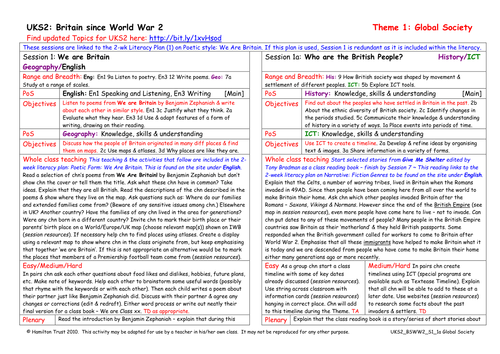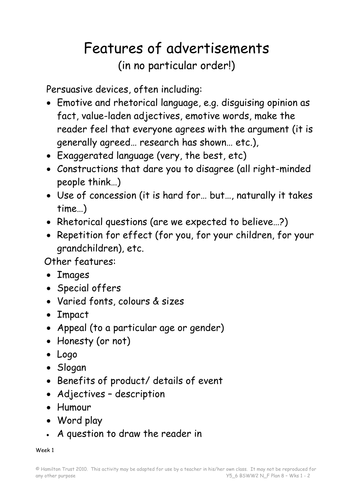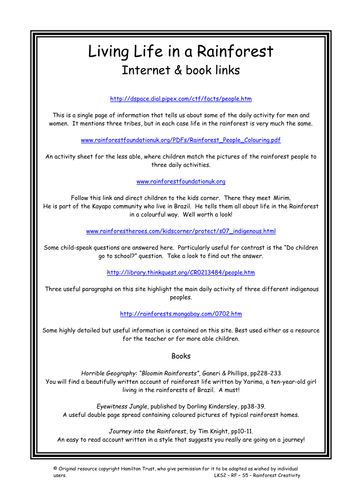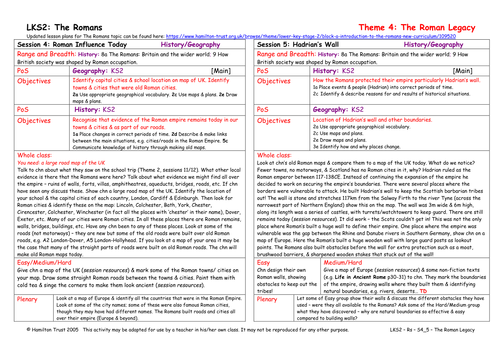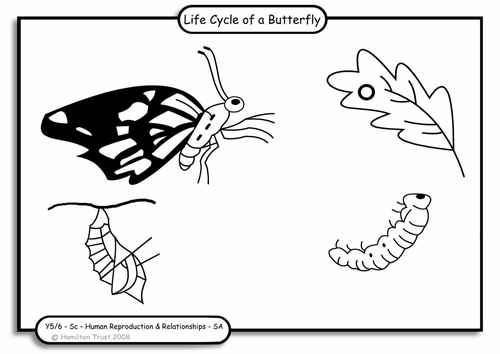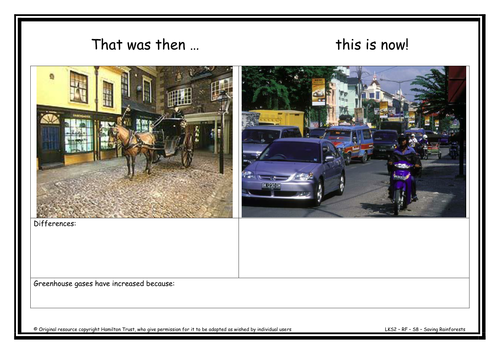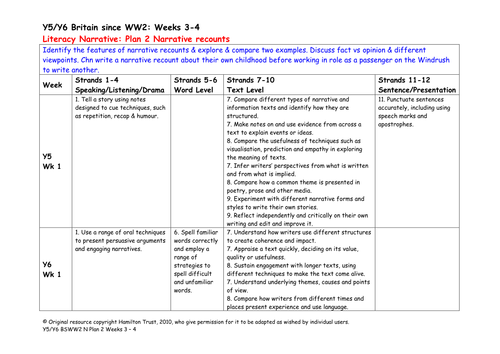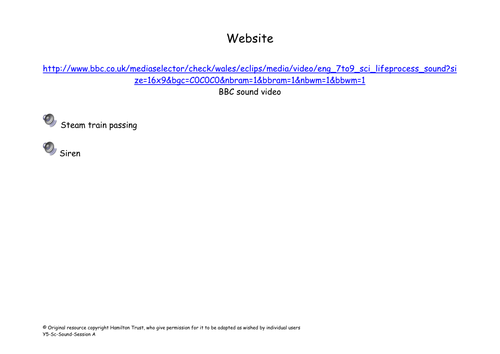
397Uploads
10045k+Views
11646k+Downloads
All resources

Planets
In this session children blast off to the far flung corners of the galaxy to find out more about the planets that make up our solar system. They collect data in the form of a fact file used to report back to the rest of the class.
Suitable for Year 5 pupils.

Puberty
Session 1 - Look at the physical changes that take place during puberty. Some are seen easily, e.g. growing taller and broader, hair around genitals and under arms, etc. Also discuss menstruation and wet dreams and rites of passage in different cultures on reaching puberty.
Session 2 - Look at the emotional changes in puberty. Use drama to act out typical scenarios involving parents and teenagers; look at the different viewpoints and discuss how compromise can ease situations. Look at the meaning of friendships and where help can be found.
Suitable for Y6 pupils.

Maths Y5 Spring Teaching Sequence 5
Fractions, Decimals, Percentages, Ratio and proportion (five days).

Apollo 11
Children watch the first manned landing on the moon, then build a nanorover or play online games about space travel.

Make a Map
Children learn all about Britain and the different countries that make it complete. They write simple labels and create their own personal map of Britain, positioning favourite places and familiar landmarks.
Suitable for Years 1 and 2.

Italy & The UK
Following the work in Session 11, chn consider how Italy fits into the categories of countries in the modern world. After a discussion of the difference between developed and developing countries, children identify the differences between Italy and the UK.
Suitable for years 3 and 4.

Investigate soundproofing
Discuss why sometimes it is important to prevent sounds travelling. Plan and carry out an investigation to find out which materials would be best to muffle sounds. A datalogger could be used with this investigation.
Suitable for Y5 pupils.

Friction
Introduce simple definition of ‘friction’. Look carefully at a bicycle or tricycle to identify the forces in action. Discuss forces in other vehicles. A range of activities about forces mainly to do with vehicles. Suitable for Year 1 pupils.

Rockets
Demonstrate a water rocket to children, they then make their own, adding fins, nose cone and design a launch pad.

Oceans, seas, rivers and lakes
Following their personal choices in session 1, children research the countries they identified. They mark physical features on their maps, including rivers, lakes, deserts and mountains. They also identify the oceans and seas.
Suitable for years 5 and 6.

We Are Britain KS2
Read some poems from We are Britain by Benjamin Zephaniah and ask what these children have in common. Discover where in the world children in the class came from originally – locally, elsewhere in Britain, another country? Write poetry about each other in BZ style.

Persuasive language Weeks 1 - 2
Identify persuasive features used in adverts. Study adverts over the decades since the end of World War 2 in detail. Children create a paper advert about an exhibition related to the Topic. They then plan and present a TV or radio advert for a modern appliance.

Living Life In The Rainforest
The Rainforests are home to some 1.5 million people worldwide. But what is life for them really like? Chn take a close look in this session as they delve deeper into the forests and find out about life in the Jungle using books and ICT.

Explore forces using toy cars
Understand that forces are pushes and pulls and make things speed up and slow down. Understand what makes a test fair and how to measure accurately. As a class and using toy vehicles investigate what happens if you change the height of a ramp.

Hadrian's Wall
Children study old Roman maps and look at the walls that the Romans built to protect their empire. They study Hadrian’s wall and look at pictures. They create their own map of the boundaries of the Roman empire, drawing walls, marking rivers, coasts etc.
Suitable for years 3 and 4.

Life cycles
Session 1 - Set up ground rules for this Strand. Revise knowledge of life cycles of butterflies and frogs which both involve metamorphosis and flowering plants. Discuss reasons for reproduction and consider animals facing extinction. Start reading Flour Babies.
Session 2 - Using the riddle of the Sphinx as a starting point, look in detail at the human life cycle and compare the stages with those of other animals. Look at the range of different gestation periods and life spans; draw graphs and look for patterns. Begin research.
Suitable for Y6 pupils.

Global Warming and Its Causes
What is global warning? Children find out what global warming is and how humans have caused and are contributing to the problem. Children compare life now to life 100 years ago and highlight the changes which have increased CO2 levels.

Recounts Weeks 3 - 4
Identify the features of narrative recounts and explore and compare two examples. Discuss fact vs opinion and different viewpoints.
Children write a narrative recount about their own childhood before working in role as a passenger on the Windrush to write another.

Introduction to sound
Find out what children already know about sound. Listen carefully to sounds in the environment. Children try a circus of activities to describe sounds, suggest how musical instruments make sounds, why animals prick up their ears and why some have very large ears.
Suitable for Y5 pupils.

Journey To Jo'burg
Explore in more detail the history of apartheid in South Africa, with links to Mandela. Look at the signs that were displayed.
Pick out examples of effects of apartheid on non-whites in Journey to Jo’burg, and act out short scenes that show these effects.
Suitable for years 5 and 6.

